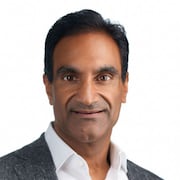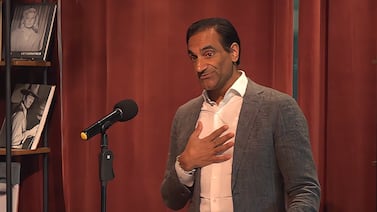As AI systems grow more capable, many experts are wondering whether the risks outweigh the benefits. Some of those risks are distant, but catastrophic. Others are happening right now at a smaller scale.
The biggest longevity gains have come from improvements in water, sanitation, and hygiene, followed by medical interventions, such as vaccines and antibiotics.
Also in Healthbeat's new weekly report: Beware of those ads for 'early detection' blood tests and a look at two public health legacies.
I came to a town hall meeting to talk about facts. Residents came to talk about injustice. That was the night I learned that relationships always come first, and facts come second.
Before eradication, screwworm caused hundreds of millions of dollars in financial losses each year in the U.S. Ranchers spent enormous time and money on treatment and prevention in cattle.
Influenza is arriving earlier, spreading faster, and sending more people to the hospital - already.
In 2026, the question facing governors, mayors, and local health officials is glaring: What can be done now to protect public health if the federal government will not?
The law's broad language threatens the state’s ability to prevent illness and death from infectious diseases, and, if replicated elsewhere, it could unravel decades of progress in public health.
As CDC systems are dismantled, the idea of a coordinated national response to a health emergency seems as fictional as zombies themselves.
The longer and more continuously we can monitor patterns, whether in a person’s physiology or a community’s wastewater, the better able we are able to assess health, even if each individual measurement is imperfect.









